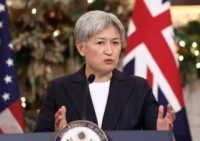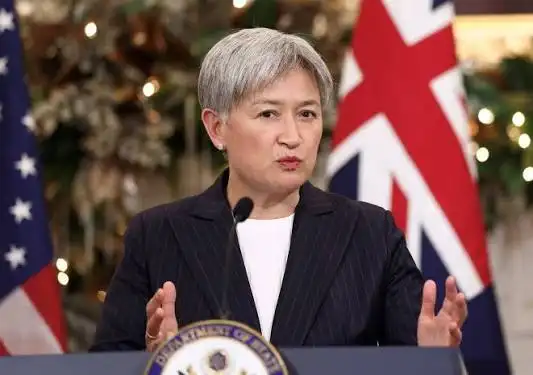The UK government is actively seeking to de-escalate a growing dispute with the United States over its demand that Apple provide access to encrypted user data. In January 2025, the UK’s Home Office issued a technical capability notice under the Investigatory Powers Act, compelling Apple to create a backdoor into its most secure cloud storage. This move has sparked significant backlash from the U.S., including concerns from Vice President JD Vance, who highlighted potential threats to privacy and free speech. The situation also jeopardizes UK-US tech and data partnerships, particularly in areas like artificial intelligence.
In response to the UK’s demand, Apple withdrew its Advanced Data Protection service from the UK and initiated legal challenges against the order, with support from WhatsApp. Critics argue that the Investigatory Powers Act, often referred to as the “snooper’s charter,” is overly intrusive and could set a dangerous precedent for privacy rights.
The UK government is reportedly considering backing down due to the potential damage to US-UK relations and ongoing tech cooperation. This development underscores the delicate balance between national security demands and individual privacy rights, with broader implications for international trade and AI regulation.
The dispute has also attracted attention from U.S. lawmakers. Senator Ron Wyden and Congressman Andy Biggs have condemned the UK’s actions, stating that the demand threatens the privacy and security of U.S. citizens. They have urged the U.S. government to reevaluate its cybersecurity arrangements and intelligence-sharing programs with the UK.
As the UK government seeks a resolution, the situation highlights the complex interplay between national security interests and the protection of individual privacy rights in the digital age.












Shouldnt we prioritize privacy over government access? Our data is precious, after all. Just a thought!
I think its crucial for the UK government to prioritize protecting citizens privacy over accessing Apples encryption. Security shouldnt compromise individual rights.
Should UK prioritize national security over privacy concerns? Tough call, but maybe a middle ground exists. What do you think?
I think the UK government should prioritize protecting citizens privacy over access to Apples encryption. Privacy matters!
Shouldnt we prioritize privacy over access in the Apple encryption debate? Trust is at stake here.
Shouldnt privacy rights outweigh government access to data? Lets protect our information! #TeamPrivacy 🛡️
I think the UK government should prioritize privacy rights over access to Apples encryption. Its a slippery slope.